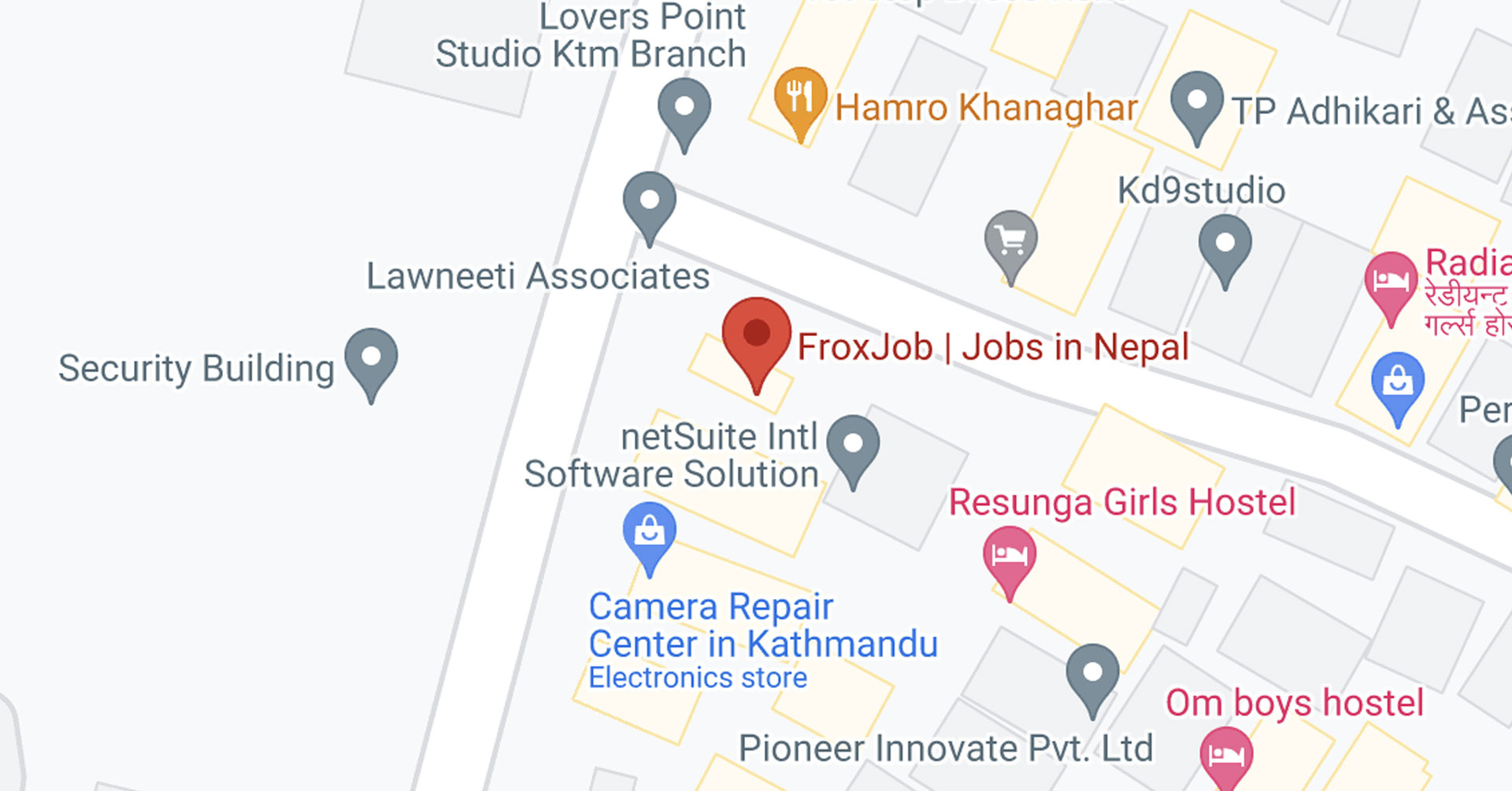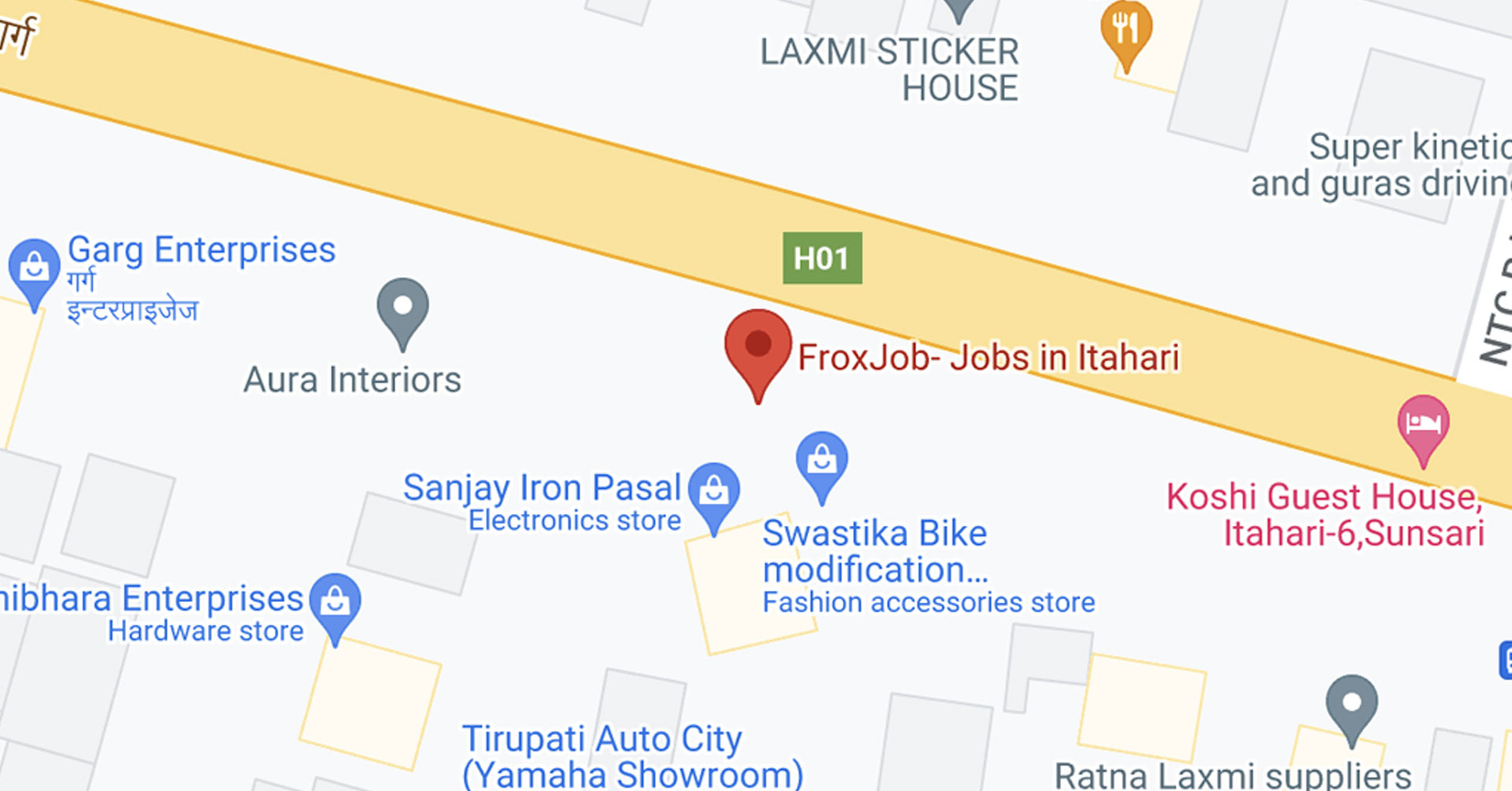Is It Safe to Hire Remote Staff from Nepal in 2025?

Is It Safe to Hire Remote Staff from Nepal?
Hiring remote staff from Nepal has become increasingly common among global businesses seeking skilled, affordable, and dependable professionals. With a growing pool of qualified candidates in IT, customer service, accounting, and creative industries, Nepal offers significant opportunities for businesses to scale efficiently. However, as with any international hiring decision, safety, reliability, and compliance are critical factors to consider.
Why Nepal is Emerging as a Remote Talent Hub
Nepal’s remote workforce is gaining attention due to its strong educational background, cost-effective rates, and adaptability to global business practices. English is spoken, especially among educated professionals, and cultural adaptability is high due to Nepal’s long-standing exposure to international industries such as tourism, education, and outsourcing.
Key advantages include:
- Competitive Costs – Salaries are significantly lower than in Western markets without compromising skill level.
- Strong Work Ethic – Nepali professionals are known for their dedication, loyalty, and consistency.
- Growing IT and BPO Sector – Kathmandu and other urban centers have rapidly developing tech infrastructure.
- Time Zone Compatibility – Nepal Standard Time (GMT+5:45) works well for collaboration with Europe, Asia, and even parts of North America.
Assessing the Safety of Hiring Remote Staff from Nepal
Safety, in the context of remote hiring, revolves around data security, reliability, legal compliance, and performance trustworthiness. Here’s a breakdown of how these apply to Nepal:
1. Data Security and Confidentiality
Businesses must ensure that remote staff can handle sensitive data securely. Many Nepali professionals work with global clients and are familiar with NDAs (Non-Disclosure Agreements), data protection guidelines, and cloud-based security measures. Using secure project management tools combined with encrypted file-sharing services can mitigate risks.
2. Reliability and Professionalism
One common concern in remote hiring is commitment and consistency. In Nepal, remote professionals often work on long-term contracts and understand the importance of meeting deadlines. Partnering with reputable outsourcing agencies or relevant freelance platforms can further ensure professionalism.
3. Legal Compliance
When hiring from Nepal, companies should be aware of local labor laws, tax obligations, and payment structures. Most remote arrangements operate under contractual freelance agreements, meaning you can legally hire without setting up a local office. Payment is typically processed via secure channels such as Wise, Payoneer, or PayPal (with some limitations).
4. Infrastructure and Connectivity
Internet reliability in major Nepali cities like Kathmandu, Pokhara, and Lalitpur has improved drastically, with multiple ISPs offering fiber-optic connections. However, rural areas may still face occasional outages, so ensuring your remote staff has a backup power source and mobile data plan is essential.
Best Practices for Safely Hiring Remote Staff from Nepal
To minimize risks and ensure productivity, follow these recommended practices:
1. Use Trusted Recruitment Sources
Instead of hiring randomly from social media posts, work with:
- Reputable outsourcing agencies in Nepal
- Verified profiles on Upwork, Fiverr, or Toptal
- Referrals from professional networks
2. Conduct Thorough Interviews and Skills Tests
Beyond a resume, assess candidates with:
- Live video interviews to evaluate communication skills
- Practical skill tests relevant to the job role
- Reference checks from previous employers or clients
3. Start with a Trial Period
A short trial contract (2–4 weeks) helps evaluate work quality, communication, and commitment before signing a long-term agreement.
4. Use Clear Contracts
Include:
- Work scope and responsibilities
- Payment terms
- Confidentiality clauses
- Performance expectations
5. Implement Work Monitoring Systems
Get tools that allow transparent tracking of hours and deliverables, building trust between employer and employee.
Industries Where Nepali Remote Staff Excel
Nepal’s remote workforce is particularly strong in:
- Information Technology (IT) – Web development, app development, cybersecurity, cloud solutions
- Customer Support – Call centers, live chat, email support
- Finance and Accounting – Bookkeeping, payroll processing, financial analysis
- Creative and Marketing – Graphic design, content writing, SEO, video editing
- Virtual Assistance – Administrative support, scheduling, data entry
Cost Advantages Without Compromising Quality
One of the biggest attractions of hiring from Nepal is the value-for-money proposition. While salaries are lower compared to Western countries, the quality of work—when sourced from experienced professionals—can match or exceed expectations. For example, a skilled web developer in Nepal might cost 50–70% less than one in the US or UK.
Addressing Common Concerns
Concern: Will time zone differences affect communication?
Nepal’s time zone (GMT+5:45) overlaps with many working hours in Asia, Europe, and even Australia, making it easy to schedule daily meetings.
Concern: Is there a risk of cultural misunderstandings?
Nepali professionals are adaptable and respectful of diverse cultures. Most are comfortable following Western business etiquette.
Concern: What if performance declines over time?
Setting clear KPIs, holding regular check-ins, and maintaining transparent feedback systems can ensure consistent performance.
The Role of Outsourcing Agencies in Nepal
For businesses that prefer a managed hiring process, outsourcing agencies in Nepal can:
- Pre-screen candidates
- Handle contracts and payroll
- Provide office infrastructure for remote staff
- Ensure backup resources in case of employee unavailability
This approach reduces risks and allows businesses to focus on productivity rather than administrative overhead.
Final Verdict: Is It Safe to Hire Remote Staff from Nepal?
Yes—if you take the right precautions. With a reliable hiring process, secure tools, and clear communication, remote staff from Nepal can be an asset to your business. The country’s growing talent pool, combined with cost advantages and cultural compatibility, makes it a strong option for companies looking to expand their global workforce.
Nepal’s remote workforce is skilled, affordable, and committed, making it a safe and practical choice for many industries. By hiring through trusted sources and establishing clear working terms, you can confidently build a long-term partnership with professionals from Nepal.





